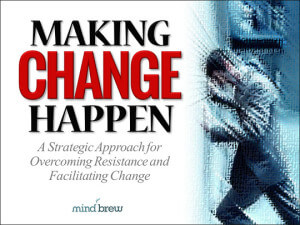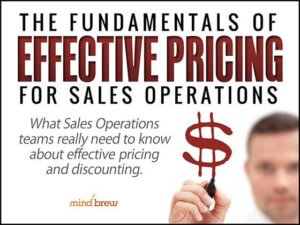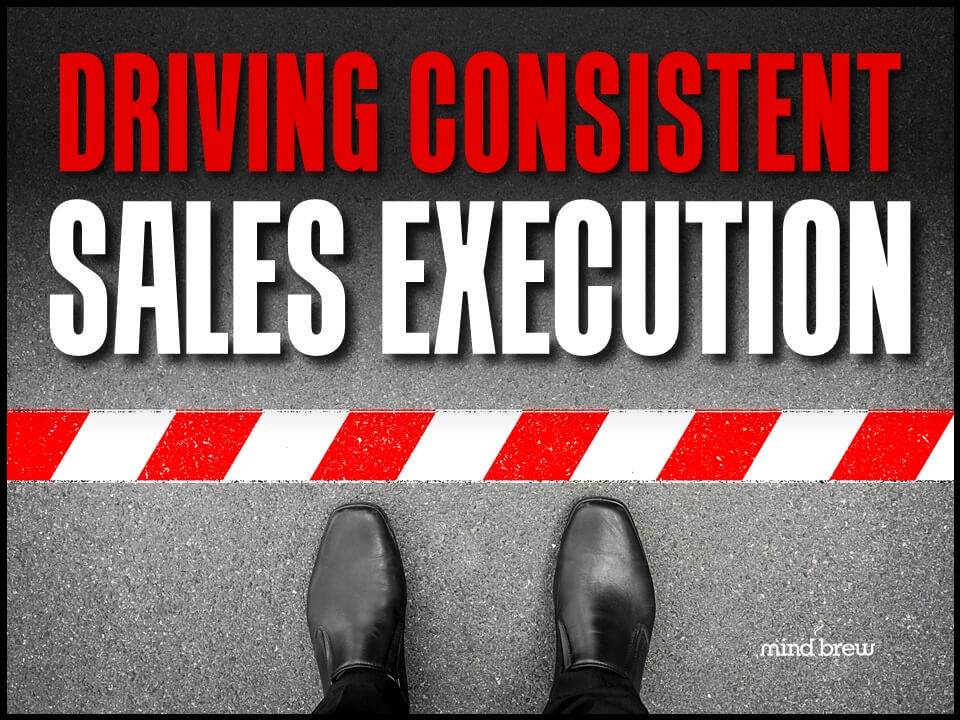Apple co-founder and CEO Steve Jobs used to tell managers, “Hiring the best is your most important task.”
That advice certainly rings true when it comes to hiring sales analysts. The most successful sales analysts have a combination of personality traits and skills that set them apart from those that are less effective. Managers need to look for applicants who have the right mix of business knowledge, technical know-how, and soft skills if they want to take their sales ops to the next level.
If you don’t currently have any job openings or if you are a sales ops practitioner, the good news is that sales analysts can always improve their abilities. Even if you weren’t “born to be a sales analyst,” you can acquire most of the capabilities you need over time with the right training.
So what traits and skills make a sales analyst great?
We had our own opinions on that topic, but we wanted to find out from people actually working in the field what characteristics made some analysts more successful than others. So SellingBrew conducted some research to learn what hiring managers should be looking for and which skills current analysts should try to develop. Some of what we discovered confirmed our assumptions, but some of what we learned surprised us.
Here are a few of the key takeaways:
- Great sales analysts love numbers. It’s not enough just to know how to do the math, you have to really like it. This is one qualification that you probably can’t acquire if you weren’t born with it, and it’s one of the most critical.
- Soft skills are at least as important — if not more important— than technical skills. It doesn’t matter how great your analysis is if you can’t explain it in a way that other people will understand. Persuading others to do things differently is a big part of sales analysis, and it takes strong people skills.
- Technical skills should be more broad than deep. This was one of the surprises for us. Managers told us that their best analysts are well-rounded rather than having an in-depth understanding of one or two data analysis techniques. But this finding makes sense when you consider that analysts have to be good problem-solvers in a variety of domains.
- It’s important to think about the business. Many of the job candidates who are attracted to sales analyst positions are detail-oriented. That’s great, but they also have to be capable of big-picture thinking that takes into account the long-term needs of the business.
- Being successful in sales ops takes a cool head and a thick skin. In order to be successful in their jobs, sales analysts have to work with people in a lot of other departments, and that invariably produces some friction. Even-tempered analysts — or those who have learned to keep their temper in check — experience less stress and more success in their jobs. Great sales analysts are comfortable with conflict and are willing to persevere in spite of opposition while also remaining flexible and willing to compromise.
For a more exhaustive list of the skills and traits that every great sales analyst shares, check out The Anatomy of a Successful Sales Analyst. It goes into much greater detail about the general attributes, soft skills, and technical skills that set great analysts apart from those who are merely average.












